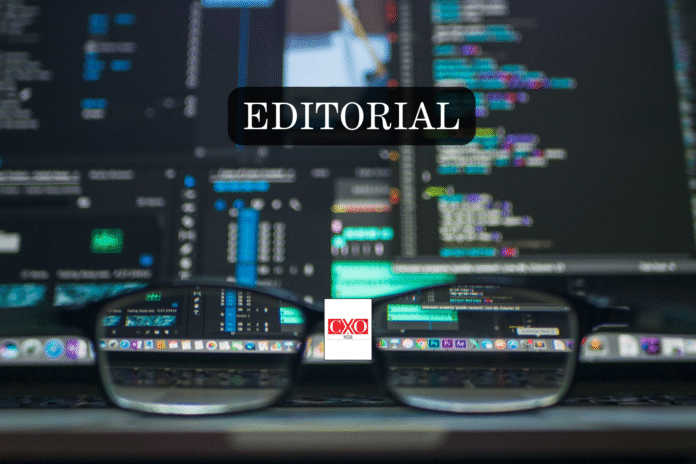Enterprise Resource Planning (ERP) is entering a period of profound transformation. IDC’s FutureScape 2025 report identifies trends that will define ERP systems over the next few years, emphasizing intelligence, flexibility, and sustainability. For Pakistan, where digital adoption is accelerating but legacy infrastructure remains prevalent, these trends are strategically significant.
At the forefront is AI-driven ERP workflows. By 2026, most large enterprises are expected to redesign core processes around AI. Beyond automation, these systems will provide predictive insights, actionable recommendations, and real-time operational intelligence. Pakistani organizations can leverage AI to optimize production schedules, enhance financial risk management, streamline resource allocation, and improve decision-making across departments.
Sustainability integration is another critical trend. By 2027, over half of global organizations are expected to use ERP as a central platform for ESG management—tracking carbon footprints, managing sustainable supply chains, and ensuring regulatory compliance. For Pakistani companies, particularly in industrial and energy-intensive sectors, intelligent ERP can institutionalize sustainability, support regulatory compliance, and enhance credibility with global partners.
Modular ERP adoption is gaining momentum. By 2027, 75% of enterprises are projected to move from monolithic systems to modular, API-driven architectures. This approach allows organizations to modernize incrementally, starting with high-impact areas such as finance, procurement, or supply chain, and progressively integrating additional modules. For Pakistani businesses, modular ERP reduces disruption, optimizes costs, and provides flexibility to adapt to changing operational or regulatory requirements.
IDC highlights adoption barriers, including legacy mindsets, perceived complexity, and misaligned value expectations. In Pakistan, mid-sized organizations may view ERP as a tool for multinationals, while budget constraints and limited technical expertise exacerbate hesitancy. Overcoming these challenges requires executive sponsorship, targeted training, and clear demonstration of operational and strategic value.
Strategically, IDC recommends incremental modernization, focusing first on workflows with the highest operational or strategic impact. Practical AI applications—predictive analytics, automated compliance reporting, conversational interfaces—deliver immediate value. Cloud ERP solutions should be evaluated for their agility, scalability, and ability to streamline operations in rapidly changing markets.
For Pakistani executives, these trends signal a decisive opportunity. AI-driven insights, modular architectures, and ESG integration are not optional—they are essential enablers of efficiency, resilience, and competitiveness. Organizations that act decisively today will gain measurable advantages in productivity, regulatory compliance, and strategic decision-making.
Follow the SPIN IDG WhatsApp Channel for updates across the Smart Pakistan Insights Network covering all of Pakistan’s technology ecosystem.





